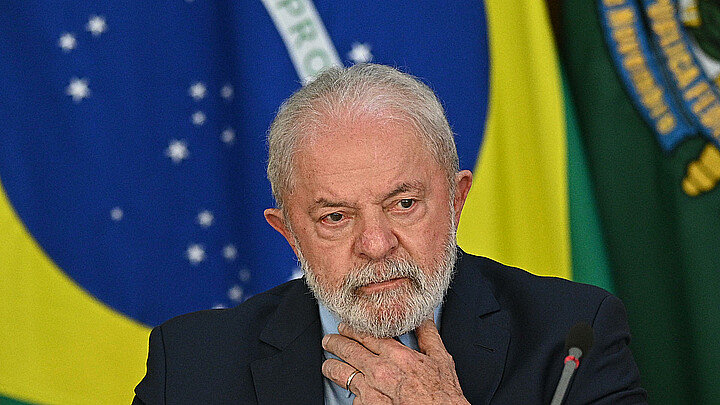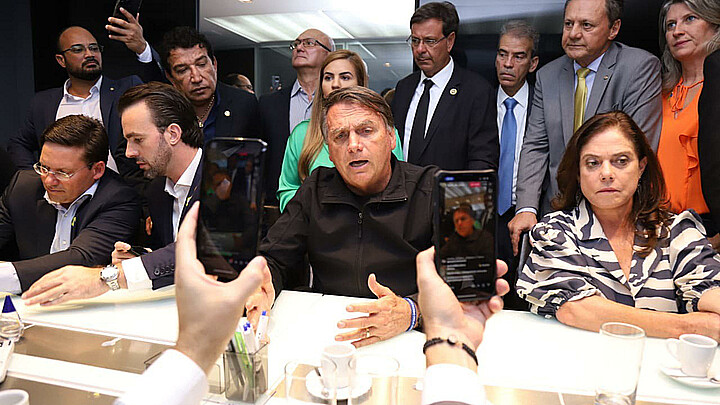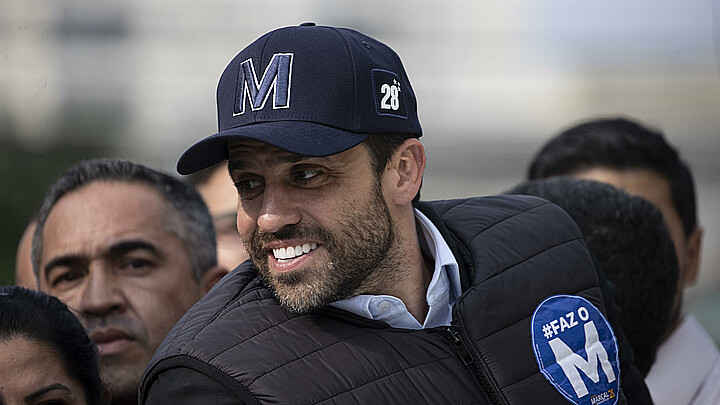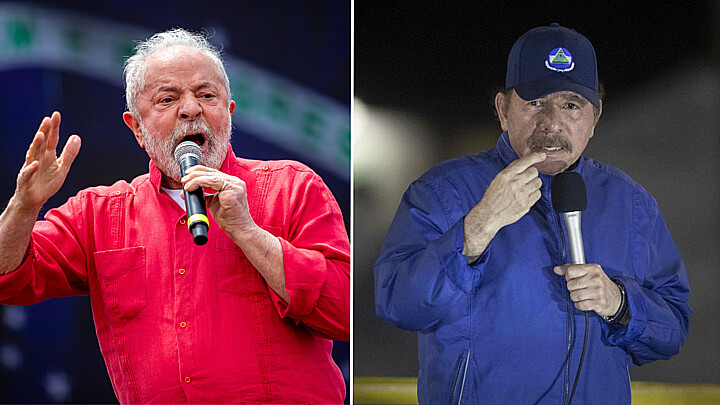Politics
Brazil blocks EU from sending observer mission to upcoming elections
"The Supreme Electoral Court has since advised us that they will not pursue their request from March, due to reservations expressed by the Brazilian government," said EU spokesman Peter Stano
May 3, 2022 12:26pm
Updated: May 3, 2022 12:29pm
A European Union spokesman announced on Tuesday that Brazil’s top election authority has cancelled an invitation for the EU to send observers to Brazil’s October election, just days after conservative President Jair Bolsonaro’s government objected to the European body’s visit.
Last month, Brazil’s Supreme Electoral Court (TSE) revealed that it had invited the EU to observe the country’s upcoming presidential election where Bolsonaro will seek re-election against socialist former President Lula da Silva. Just two days after the announcement, however, the South American country’s foreign ministry objected, noting that Brazilian elections had never been “evaluated by an international organization of which it is not a member.”
According to a Reuters report, the EU said it received an invitation from the TSE in March to send a team to investigate the “usefulness, advisability and feasibility" of allowing outside observation missions to participate in Brazilian elections for the first time.
"However, the TSE has since advised us that they will not pursue their request from March, due to reservations expressed by the Brazilian government," said EU spokesman Peter Stano. "Under these circumstances, we will not send an exploratory mission to Brazil to assess a possible EU observer mission."
Brazil has also invited other international groups and institutions to observe the upcoming elections, but they have not reported being uninvited by Bolsonaro’s government. Those groups include the Organization of American States, the U.S.-based Carter Center, Mercosur and the Washington-based International Foundation for Electoral Systems (IFES).
Bolsonaro’s time in office has proven to be turbulent as the 67-year-old conservative was forced to tackle COVID-19, a compromised judiciary and increased anger over rising costs and inflation. Although recent polls have shown leftist former President Lula da Silva holding a comfortable lead over incumbent Bolsonaro, his advantage has wavered in recent weeks, poll data has shown.










